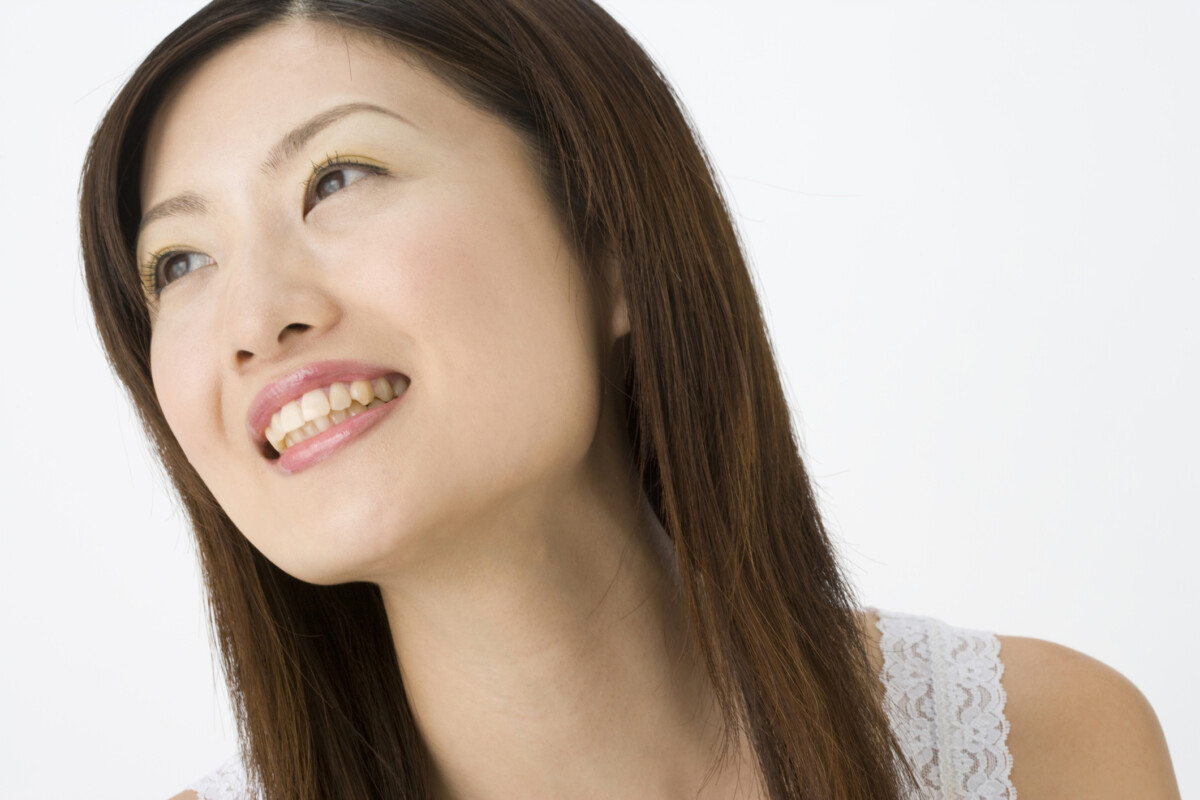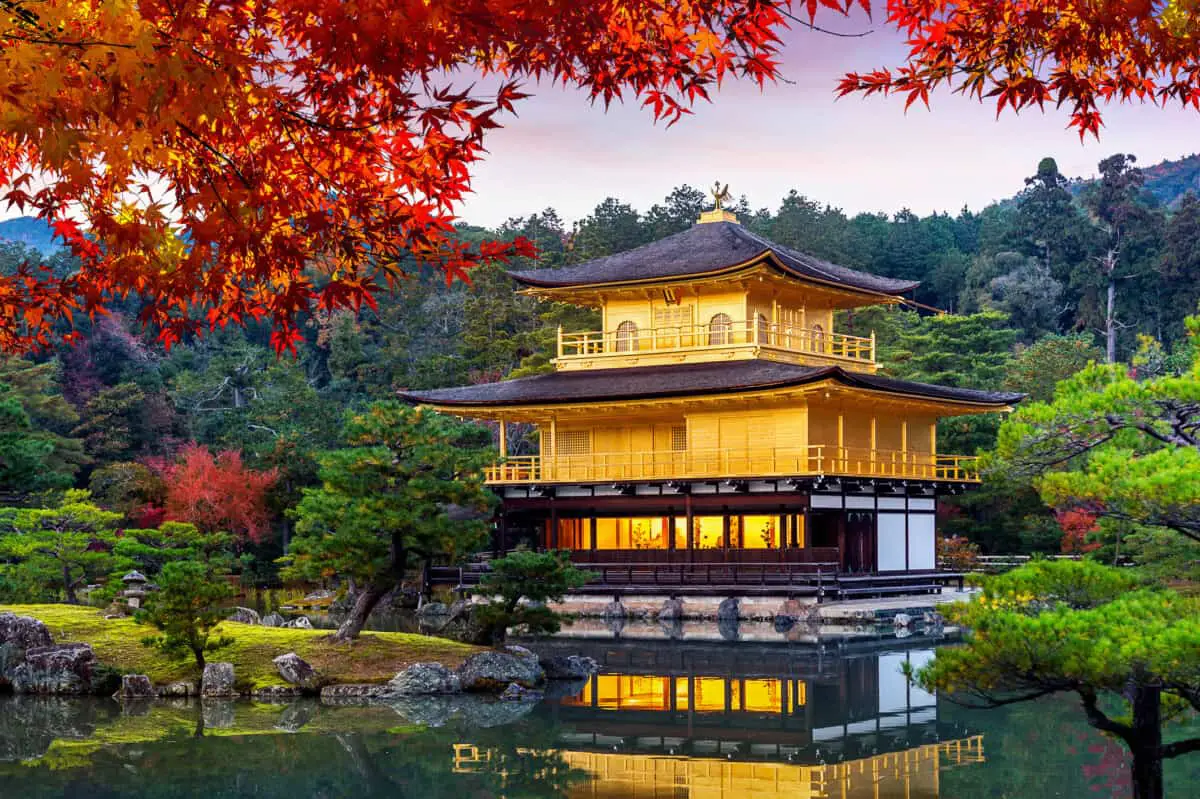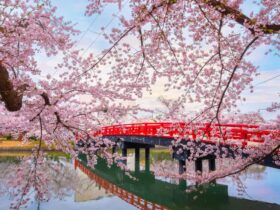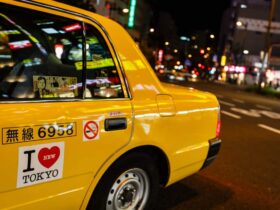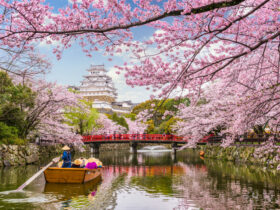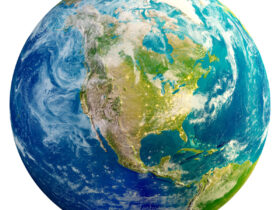How To Say You’re Beautiful In Japanese
When it comes to saying “you’re beautiful” in Japanese, you have many options depending on who you’re talking to. Japanese also has phrases that are used to compliment people based on their relationship with you, and there are terms to compliment men and women.
The word kawaii is likely the one most English-speaking people have heard. While kawaii is a great word to compliment a woman’s beauty in Japan, there are many other words to learn.
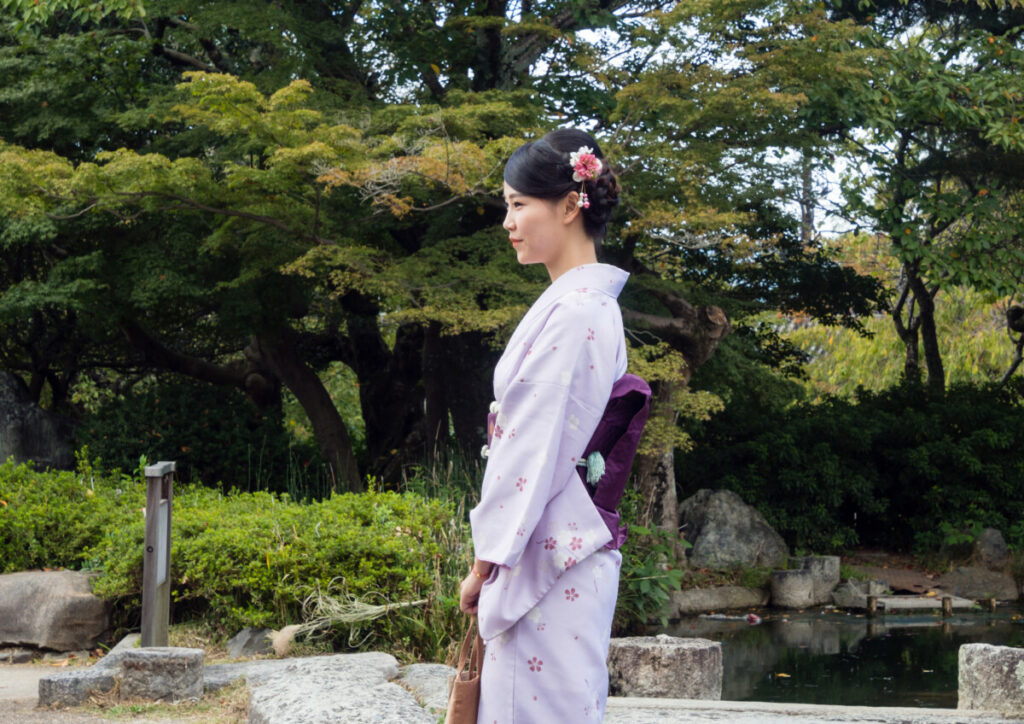
In fact, kawaii has become somewhat of a subculture in Japan, so much so that not everyone will appreciate hearing that they are kawaii.
The way that people describe things as beautiful in English isn’t quite the same as it’s done in Japanese. This makes it fairly important to be able to differentiate between how words are used, so you don’t end up confusing people.
However, most people in Japan are fairly understanding when a non-Japanese person makes a mistake with terms.
Different Ways To Compliment Beauty In Japanese
There are various terms to compliment someone’s appearance, and they all have their own particular ways of using them.
Additionally, there are different ways to compliment beauty or attractiveness depending on if you’re speaking to a man or woman.
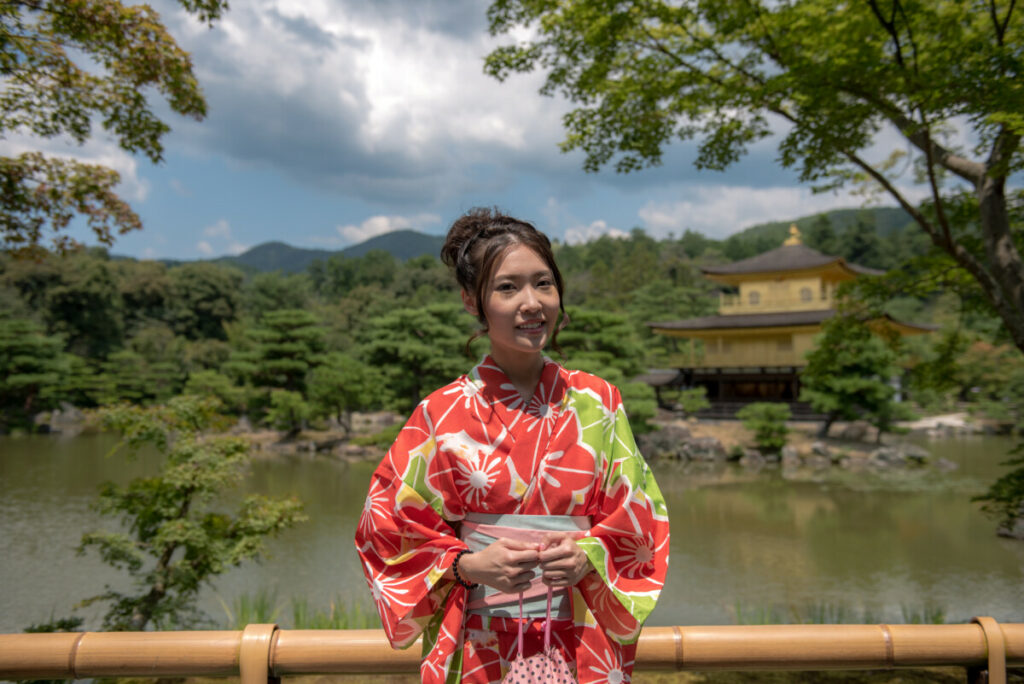
How To Compliment Women In Japanese
| Japanese Word/Phrase | English Translation | Usage |
| Kawaii (かわいい) | Beautiful/Pretty/Lovely/Cute | You can use this generally or casually toward women |
| Bijin (びじん) | Beautiful Woman | This is also a general term, typically saved to describe someone’s physical appearance |
| Kirei (きれい) | Beautiful/Pretty | This is another general term; kirei can also be used to describe things as beautiful |
| Mecha Kawaii (めっちゃかわいい) | You are so beautiful/Pretty | A fairly romantic/flirty term |
| (name) wa Kirei (~ は きれい) | (name) is beautiful | A casual way to tell someone you think they are beautiful |
| Hontou Ni Kirei (ほんとう に きれい) | You are really beautiful | A fairly romantic/flirty term |
| Anata wa Kirei Desu (あなた は きれい です) | You are very beautiful | This is a romantic and formal form of the phrase |
When speaking to a Japanese woman, she will understand your compliment if you simply say kawaii. If you want to speak more completely in Japanese, you can also say kimi wa kawaii to tell them “you’re beautiful” or “you’re cute.” Kimi wa kawaii ne is “you’re beautiful/pretty/cute” with extra emphasis.
Even though kawaii is the most well-known way to say “you’re beautiful,” the term kirei is likely to be the most widely appreciated expression.
This is because of how frequently kawaii is used to describe anything and everything. Thus, if you’re looking to impress someone, telling them kimi wa kirai will likely make them smile.
How To Compliment Men In Japanese
| Japanese Word/Phrase | English Translation | Usage |
| Hansamu (ハンサム) | Handsome | A general term that is popularly used when complimenting men |
| Kakko ii (かっこいい) | Cool/Attractive | This is a somewhat casual yet general term used toward men; this is also one of the most popular ways to compliment a man |
| Ikemen (イケメン) | Beautiful man | This isn’t seen as often but is a general term |
| Iketeru (イケてる) | Cool/Stylish | This is a general term you can use to compliment someone’s sense of style |
| (Name) wa Hansamu (~ は ハンサム) | (name) is handsome | A casual way to tell someone they are handsome |
| Totemo Kakko ii (とても かっこいい) | You are really attractive/cool | This is a flirtatious or romantic phrase |
Hansamu is a word you’ll often hear since it’s a well-known word and easy to understand. Kakko ii is also a popular complement for a man and is likely to make a man smile when you’re trying to express your interest in them.
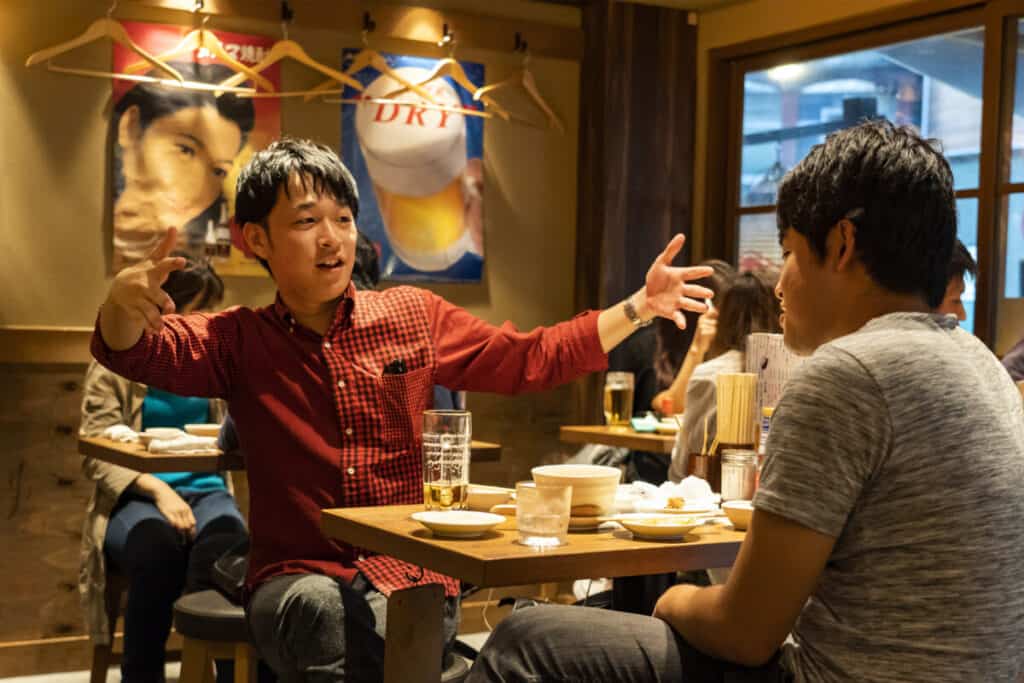
Men in Japan tend not to like to be called kawaii or any other word that is usually saved for women, so try not to interchange terms.
Gender Neutral Terms For Saying You’re Beautiful In Japanese
While the Japanese language doesn’t quite recognize the gender spectrum completely as of yet, some words can be used toward anyone and can also be used to express how beautiful you may think inanimate things are, such as the scenery or something you see in a store.
| Japanese Word/Phrase | English Translation | Usage |
| Utsukushii (うつくしい) | You’re beautiful/gorgeous | This is often used to describe things such as scenery but can also be a way to tell someone they’re gorgeous; usually reserved for romantic relationships when said to a person |
| Utsukushii egao (うつくしい えがお) | You have a gorgeous smile | A general compliment; may typically be used in romantic pursuits |
| Kyuuto (キュート) | Cute | This is typically used towards things instead of people, as it’s a katakana word |
| Mecha Kawa (めっちゃ カワ) | Extremely cute/Very cute | This is a less formal way to compliment someone |
| Kawachii (かわちい) | Cute | This term is often used toward children as it’s considered a “childish” form of cute in Japanese |
| Suteki (すてき) | Lovely | You can use this word to describe people, experiences, or things |
| Jouhin (じょうひん) | Elegant | This is a very nice compliment you can give someone when dressed up |
| Gouka (ごうか) | Gorgeous | This is often a compliment given when something is very expensive looking or someone is looking especially gorgeous |
Other Japanese Terms For Beauty
There are some Japanese words you might hear that describe characters seen in popular Japanese media, such as anime or manga.
Bishoujo is the term for a beautiful girl, and bishounen is the word for a beautiful boy. It may get you some strange looks if you say these words to someone in Japan, however. If you see a cute baby, you can say kawaii ko or kawaii akachan.
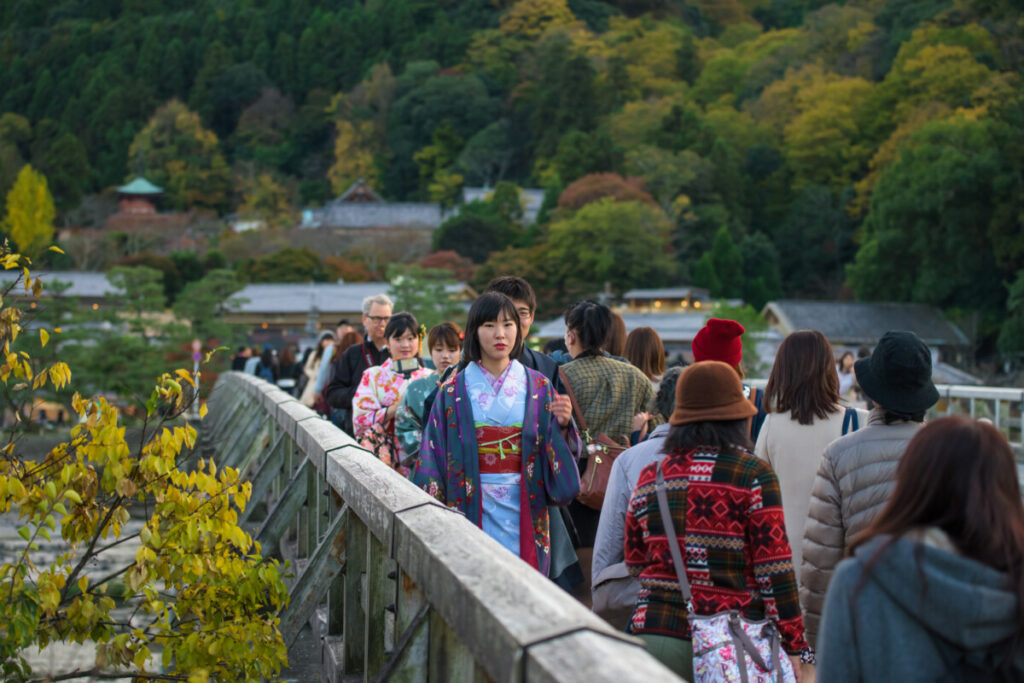
There are also some slang terms used instead of kawaii.
These words are often only used between young people in a casual way. Instead of saying kawaii, they might say kawayo, kawa, or kawayu when they think something or someone is cute or beautiful.
When you’re trying to describe your surroundings, such as beautiful natural scenery or something similar, you can say utsukushii.
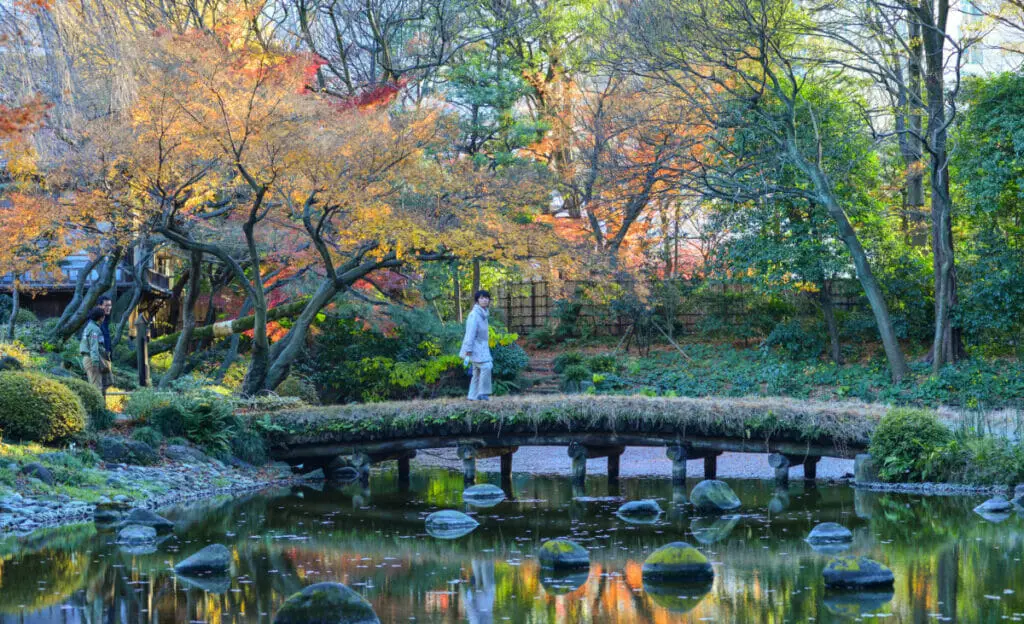
Many people will often use this word when describing beautiful things or places in Japanese, as it effectively conveys something truly breathtaking. To say the scenery is beautiful, you can say keshiki ha utsukushii.

